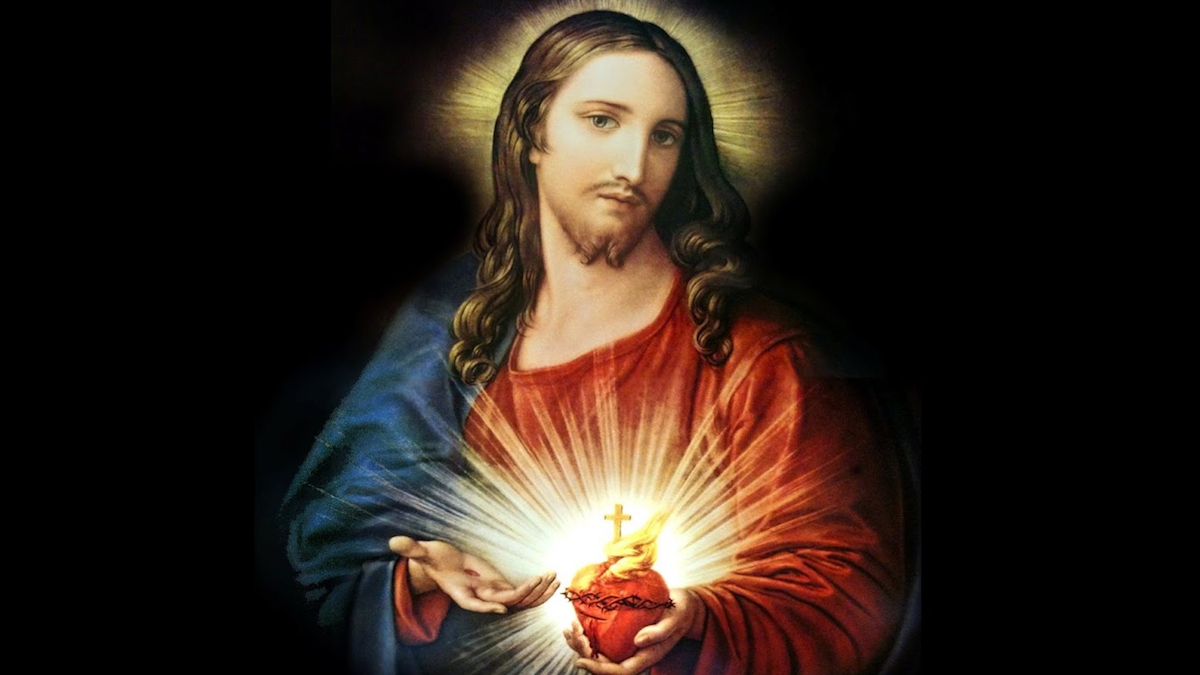Let us face it: all human beings spend their lives seeking ways to find happiness. Alas, a great number of people look for happiness in the wrong places, the wrong way; some even without having a clear idea of what lasting happiness consists of. Even those who commit suicide, ultimately, are looking for happiness by putting an end to their unbearable pain. Few find true, lasting happiness; even fewer in number are those who manage to keep being happy in spite of adverse, trying circumstances.
Now, I assume that we all have a mixed record in our attempts to find happiness. Failure must be attributed to the secular, increasingly godless world suggesting that we look for this elusive treasure in the wrong places, with the wrong attitude. To the extent that we tried to find happiness away from God and from his laws, we find ourselves with empty hands, confused minds and aching hearts.
The Gospel of Luke (15: 1-10) goes a step further on the existential topic of how elusive happiness can be. It shows those who, not only are unhappy, but are also consumed by envy of those who have found happiness. They resent that, Jesus, the lone source of true happiness, keeps making happy those who are drawn to him. Irrationally, they desire that everyone should feel as miserable and as frustrated as they feel.
Intrigued?
We should feel compelled to be drawn to Jesus and see if he can teach us the inner disposition we must acquire in order to find and keep genuine happiness taking over and reenergizing our entire being. We can start by keeping in mind that for one with an Oriental mindset, to eat a meal with someone was a solid and well-established way of becoming “family,” of becoming members of the same “family.” Hint, hint: the meal that Jesus shares with those who are drawn to him is, of course, the Eucharist, his very Body and Blood under the most humble, extremely ordinary species of bread and wine.
By looking at the scribes and Pharisees, we realize where and how NOT to seek true, lasting happiness. They were arrogant, self-righteous, meticulously scrupulous in their religious observances, apparently impeccable, self-acclaimed blameless people. However, puzzled and frustrated by their inability to find happiness in their strict observance of the law, they rush to Jesus to complain about his creation of a different setting in which happiness is all too evident and all too much to endure. As Jesus had pointed out repeatedly in his skirmishes with them, theirs is an empty, hollow, mostly exterior religious performance that lacks the necessary, humble inner disposition that is one of the prerequisites for happiness.
So, to find happiness we learn, here, that we cannot consider ourselves self-sufficient but in constant need of being rescued, carried to safety, restored to wholesomeness, healed, guided, enlightened by God. To find happiness we must first possess the inner attitude of longing intensely for and of needing desperately and continuously God and his grace. Hence, to be members of God’s family and to draw lasting joy from the Eucharist we ought to be poor in spirit so that we can be filled with God’s richness.
The second step to happiness is the one of learning as much as we can and, as well as we can, about the Father’s modus operandi, about God’s mindset, about “what makes our Lord tick.” We have just to look at these two short parables for the right answer.
Notice first Jesus’ veiled sarcasm: “What man among you… The scribes and Pharisee, among others, considered shepherds ceremonially unclean because they lived in close contact with all sorts of unclean animals; failed to perform most of the required ablutions and their occupation kept them form attending Temple ceremonies as prescribed. So, we can just imagine the reflexive expression of disgust on the faces of all those who were still complaining with Jesus for eating with reprobates.
Another attitude needed as we approach the Table of the Lord is the attitude of feeling unclean, of needing always a good dose of God’s forgiveness. Apart from the initial expression of disgust on the faces of his audience, what Jesus asks is not a rhetorical question at all. It points out the striking difference between the way God and people deal with losses and what makes them rejoice. We are told by biblical scholars that a reasonably wealthy person could own up to about 40 sheep. So here Jesus proposes a situation in which this shepherd has to give account of the loss to other sheep owners. Consequently, the surprising answer is: “no shepherd in his right mind would leave 99 sheep (some his own, some belonging to other citizens of the village) in the desert, with no shelter, no water and no food and go looking for the stupid one that strayed. Sensibly, he has to cut his losses and compensate the owner of the missing sheep by giving him one of his own.
Do you see? Jesus tells us that, unlike a prudent, levelheaded shepherd, the Father alone risks everything, (actually he risked his only Son on a cross) to have us back after we stray. In the eyes of our heavenly Father, each one of us, even in our foolishness, is priceless!
A similar concept of clear contrast is evidenced by the second parable. Imagine a windowless, badly lit Palestinian home with a dirt floor. How easily a poor woman could lose one of her few coins. After a while, most women would have said: “I had it! I have better, more pressing chores to do with my time. It will show up sooner or later.”
Again, Jesus is telling us that the Father cannot rest until none of us is missing from around his Table. His Family must be complete before the rejoicing erupts. He will find a way to have all his children enjoying the Meal he has prepared for all eternity.
What would be the level of joy if we err, if we wander away from our Lord but remember that the Father finds each one of us worth risking everything to find?
What degree of intense happiness would we possess if we etch in the back of our mind that the Father will not rest until we are all around his Table?








